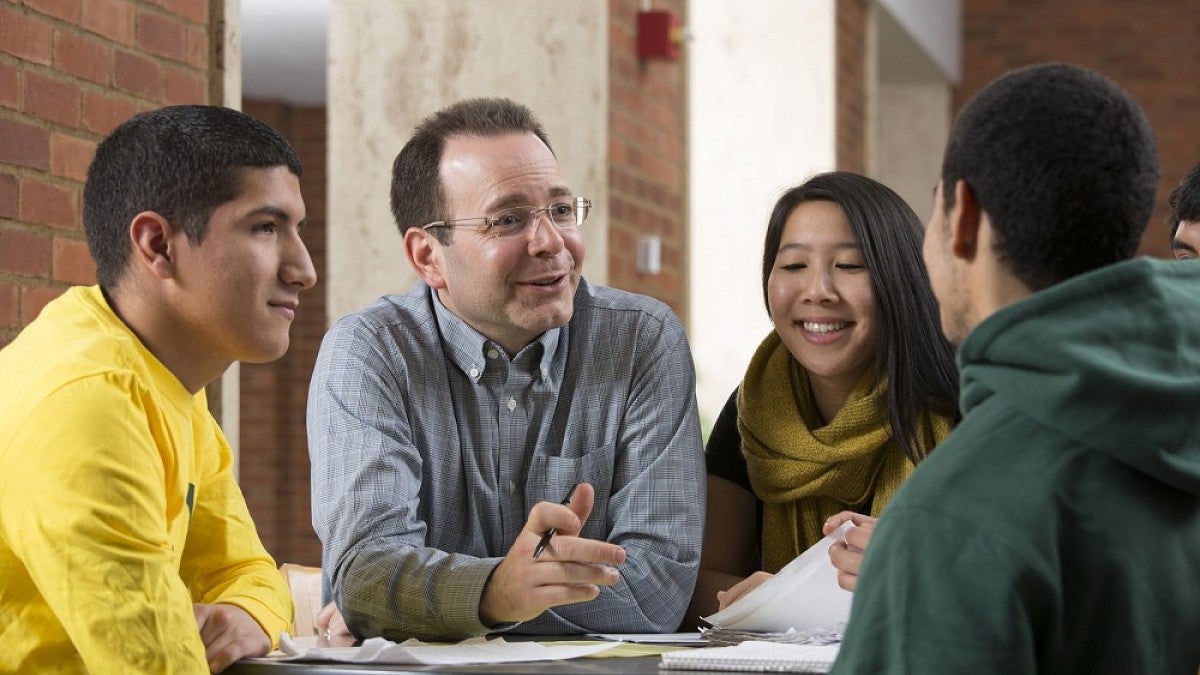The UO will continue helping more students at risk of dropping out than any other institution in Oregon thanks to the renewal of a key federal grant.
The five-year grant to fund the Student Support Services Program will provide almost $525,000 a year to assist students whose socioeconomic background, education experience and personal situations make them more likely to need assistance to complete a university degree. The funding extends what the UO received in a previous grant for the program.
Currently, the UO’s Student Support Services assists 360 students by providing academic advising, tutoring, writing and math skills development, financial support and other services aimed at helping them achieve their academic goals. The program serves students who are the first in their family to attend college, are from low-income families or have disabilities.
Susan Lesyk, director of the Teaching and Learning Center and principal investigator for the Student Support Services grant, said the funding is terrific news and will allow the university to maintain its high enrollment in the program.
“Our SSS advisors work closely with students who come from low-income backgrounds, who aspire to be the first in their families to earn college degrees or who deal with extra challenges that complicate their academic paths,” Lesyk said. “Too often these students feel out of place within a university culture, but the SSS program helps them navigate UO systems, discover their place within our campus community, tap into resources and secure the funding that allows them to continue their studies.”
In addition to helping more disadvantaged students than any other program in the state, the UO also has one of the largest student support programs in the nation. The new grant is well above the $291,000 average among universities receiving the funding.
One reason the university has been successful in securing the federal grants — it received its first award in 1968 — is its track record in helping students. Lesyk said the retention and graduation rates among students in the program surpasses those of the general student body.
“Although we know that the students do the work themselves to earn their UO degrees, we also recognize that SSS makes a huge difference in helping our most vulnerable students locate what is needed in academic, financial and emotional support,” said Deb Casey, director of Student Support Services at the UO. “Taking part in the SSS program, participants gain confidence knowing that someone else believes in their ability to succeed and will help each of them locate what is needed to meet the inevitable challenges they face.”
Casey acknowledged the support of several campus partners in securing the grant, including the Office of Financial Aid and Scholarships, Institutional Research, Academic Advising and the Center for Multicultural Academic Excellence.
—By Greg Bolt, Public Affairs Communications


